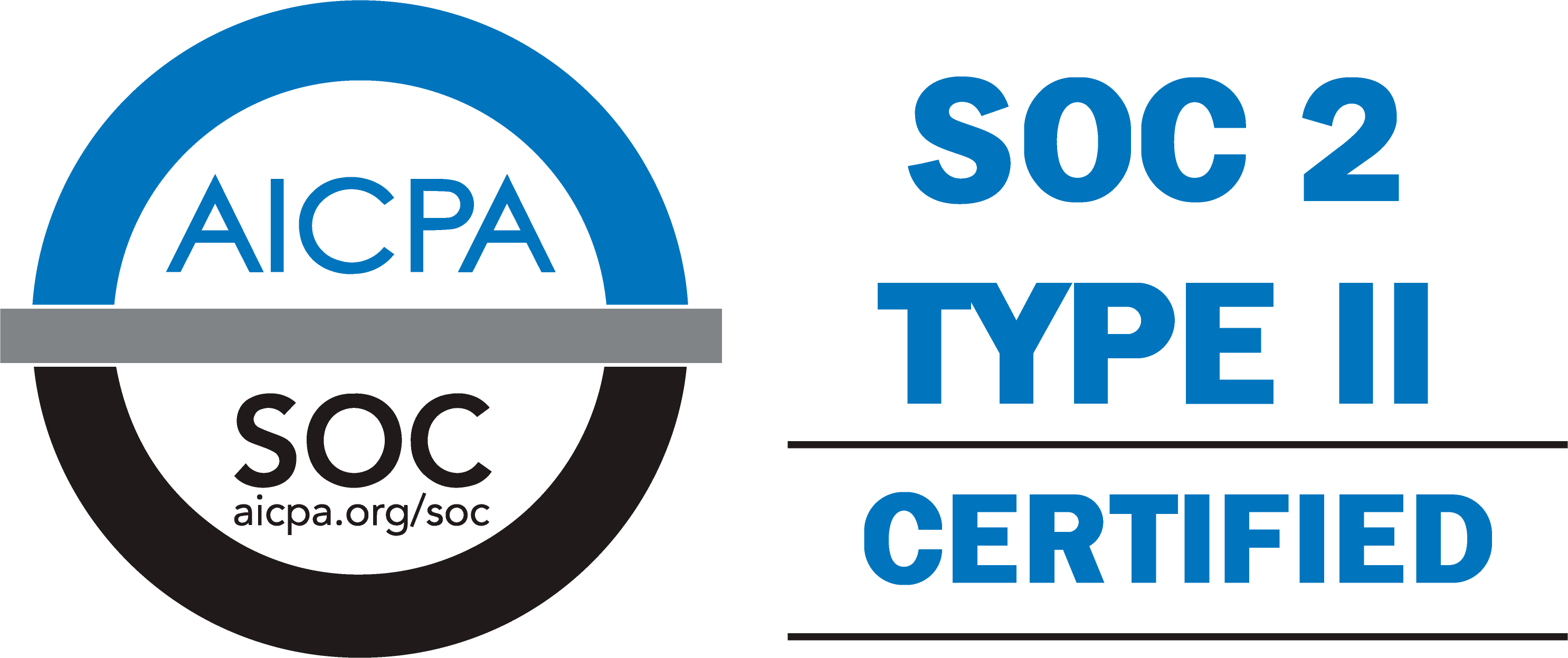|
January 30, 2023 |
Categories: Informative Articles |
Better Informed 4th Trimester Care Sets Families Up for Long-Term Health
The first 12 weeks after birth are a vitally important time for every mom and baby. Known as the fourth trimester, this is this transitional time when infants adjust to life outside the womb, mothers adjust from pregnancy to parenting a new baby, and major physical, mental, emotional and social changes occur.
Physical Changes
Most mothers experience a period of soreness and recovery after giving birth. To ensure that healing is on track, a physical examination is necessary for those who delivered vaginally or via C-section. This exam varies depending on each individual woman’s history and needs.
Mental Health & General Wellness
Mental health disorders before and after giving birth, like postpartum depression, are common. As many as 20 percent of women experience significant symptoms of depression or anxiety during or after their child’s birth. The good news is with the right care, new moms can prevent symptoms from worsening and can better manage their overall physical and mental health.
While a lot of attention is given to infant care in the first few weeks, Mom’s health is important, too. The early days of a baby’s life are a notoriously exhausting time for parents, but sleep is essential for humans to function. Similarly, as Mom adjusts to breastfeeding and post-pregnancy, a good diet, nutrition and physical activity are basic needs that are important parts of healing and recovering.
Reproductive Health
Navigating a changed body and sex life, contraception, and family planning while welcoming a new baby can be challenging. While it may not feel like a top priority, it’s important for new parents to communicate on how they want to initiate family planning or contraception.
Chronic Conditions
If Mom isn’t mentally and physically healthy, she can’t take care of her baby. It’s necessary to make time to monitor chronic conditions, including mental health, during the fourth trimester to ensure a healthy mom going forward. A postpartum visit is a good time for new moms to talk with their doctors about how to manage conditions like diabetes, high blood pressure, and depression or anxiety.
What Happens at a Postpartum Visit?
One way to manage all these changes a new mother experiences during the fourth trimester is to prioritize postpartum visits. Although the fourth trimester – and comprehensive care during that time — is so important, only about attend their postpartum follow-up visit.
A few topics a new parent may discuss during a typical postpartum visit are:
- The birthing experience
- Medical concerns and the mother’s physical health
- Family Planning/Contraception
- Feeding and care of the infant
- The mental and emotional health of the mother
- How mom and baby are adjusting at home
- Information on postpartum symptoms
- A plan for long-term health in the future
Since every mother’s medical history and needs are different, each postpartum visit should be individualized. Predictive data can greatly help with this by anticipating specific support that will be needed during the fourth trimester.
Lucina is an innovative technology with predictive data and information, the most effective way to identify at-risk women and create proper treatment plans.
Lucina uses AI-powered, maternity-specific algorithms and dynamic risk stratification technology to identify thousands of risk factors and social determinants of health. This information is then used to provide resources and conduct outreach that optimizes the health and well-being of women and creates healthier communities.
In addition to collecting data that guides the management of pregnancy care, Lucina collects key fourth trimester data to help healthcare providers to best support their patients after birth. With some plans, Lucina provides important risk assessment data 90 days post-delivery.
More informed care is not only vital for moms and babies after they’re discharged from the hospital, but it can also result in better care in subsequent pregnancies.
For more information about our predictive analytic tool and care services, contact us here. And don’t forget to follow us on LinkedIn and Twitter.



